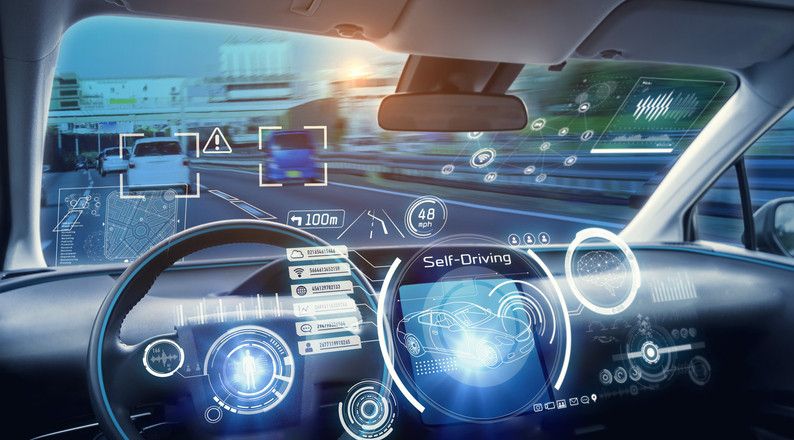Connected and automated vehicles (CAVs) are a growing area of interest in Texas. Pilot programs are popping up in cities across the state, as well as on long stretches of roadways in rural areas. To help Texans prepare for what is coming, Gov. Greg Abbott has directed TxDOT to establish a CAV Task Force.
This statewide task force will provide Texans with a single, unified source of information regarding the coordination and advancement of CAV and CAV technologies across the state.
According to a city Transportation and Public Works Department memorandum, there are about 125 autonomous vehicles, or AVs, operating in Austin alone. It’s unclear how many are operating statewide.
According to the Texas Department of Transportation, multiple companies are testing and operating driverless vehicles “as passenger, freight, and personal delivery devices” all over the state.
Here’s what you need to know about driverless vehicles in Texas.
When Did Driverless Vehicles Become Legal in Texas?
Senate Bill 2205, which took effect in September 2017, set the ground rules to regulate AVs in the state.
State Sen. Robert Nichols, R-Jacksonville and chair of the Senate Transportation Committee said that around six years ago, “pretty much all of the car manufacturers that you can imagine (came) saying we do need legislation because they want to invest hundreds of millions of dollars in the state of Texas related to autonomous vehicles.”
Do AVs Need to Be Licensed in Texas?
Yes. By law, autonomous vehicles must be inspected and licensed, but the procedures can differ from those for regular cars.
According to the Texas Department of Public Safety, “if a vehicle is truly automated, a licensed human operator is not required to be in the vehicle, and the vehicle itself is considered licensed to drive. In such a situation, the vehicle’s owner is considered the operator to assess compliance with traffic laws.”
However, a brief published by the Texas A&M Transportation Institute in 2017 noted that under the state law regulating AVs, “there are no licensing or registration requirements for verifying the capabilities of the automated driving system.”
How Do Driverless Vehicles Work?
An AV is equipped with sensors — cameras, radar, and lidar (light detection and ranging) — that provide a complete view of the world around it. It also uses GPS to track its location. The data from these sensors feed the car’s artificial intelligence brain in real time, enabling it to make decisions such as choosing a route and identifying traffic lights, road signals, and objects.
Have AVs Been Involved in Accidents?
At a national level, the National Highway Traffic Safety Administration (NHTSA) gathers data about crashes involving vehicles using automated driving systems.
Between July 2021 and Aug. 15 of this year, the NHTSA documented 382 crashes involving autonomous vehicles. California led the nation with 66% of reported accidents, followed by Arizona with 15%, Texas with 6% and Florida with 4%.
In roughly 85% of the accidents, no injuries were reported, and just one serious injury requiring hospitalization or emergency treatment was reported during the two years.
The Austin Transportation and Public Works Department received 33 complaints this year from July 8 to Sept. 25. The Texas Department of Transportation said it is not required to track AV incidents statewide.
Cruise said its cars have driven over 4 million driverless miles without life-threatening injuries or fatalities. When benchmarked against human drivers in a comparable driving environment, Cruise AVs were involved in 65% fewer collisions overall, a company spokesperson said.
Who Is Responsible for an AV Accident?
The Texas Transportation Code states that the owner “of the automated driving system is considered the operator of the automated motor vehicle solely to assess compliance with applicable traffic or motor vehicle laws, regardless of whether the person is physically present in the vehicle while the vehicle is operating.”
Call Our Car Accident Attorney for a Free Consultation Today
If you have been involved in a collision with an autonomous vehicle in Texas, call our skilled car accident and personal injury attorneys in Austin at (512) 883-0277 or contact us online today to schedule a free consultation. We pursue dedicated, driven results for our clients, and there is never a charge to talk to an attorney. We stand ready to help you.






